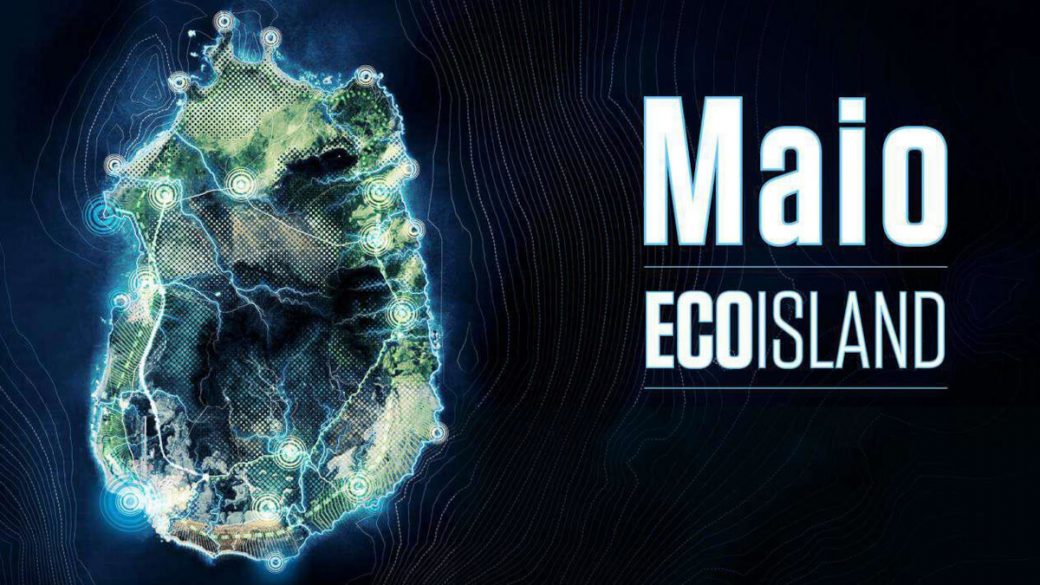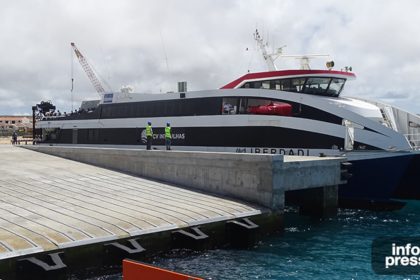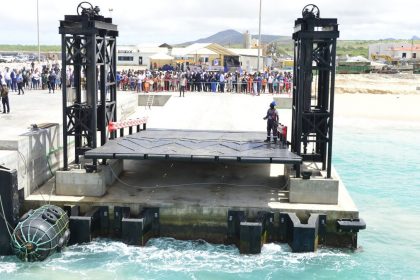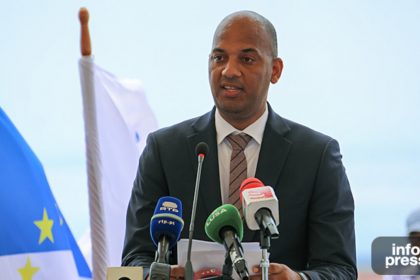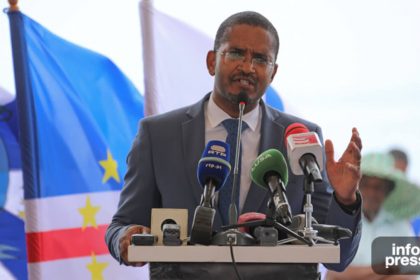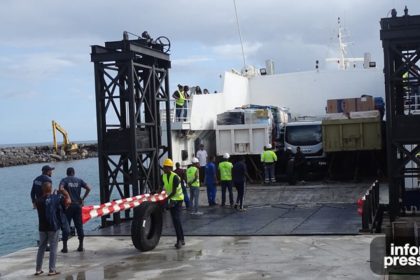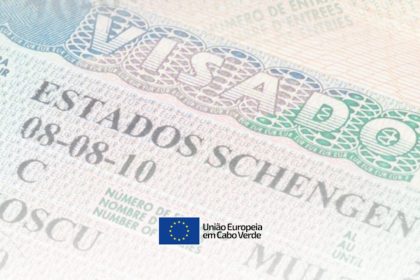The creation of the Special Economic Zone on the Cape Verdean island of Maio, approved today in parliament, will allow the private promoter to move forward with the largest tourist development in the country, worth 500 million euros, guaranteed by the Minister of Finance.
At issue is the draft law that creates the Special Economic Zone of Ilha do Maio (ZEEIM), approved by the Council of Ministers in January this year and which was also generally approved today in the National Assembly, by the unanimity of the 66 deputies present. in the parliamentary session.
Although without mentioning it directly in the draft law, this model will benefit the “Little Africa Maio” project, the largest tourist development in Cape Verde, valued at 500 million euros to generate 4,000 jobs, the first phase of which is expected to be built in next three years, on that island, by the International Holding Cabo Verde (IHCV) group.
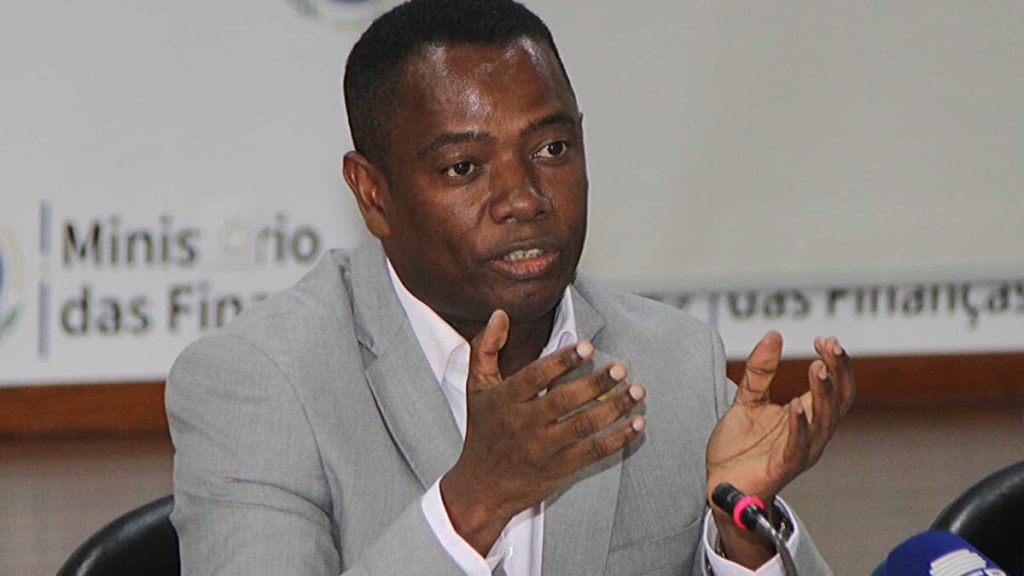
“The promoter is waiting for the creation of the Special Economy Zone on the island of Maio to start with his project, according to information from him. Our obligation as a Government is to create the conditions, is to create the legal framework, is to create the incentives, is to create a framework of trust so that private individuals can invest. Now, those who can provide information about private projects are the private ones”, said the deputy prime minister and finance minister, Olavo Correia, in parliament, when presenting this proposal for a law.
The proposal provides that entities that “invest, establish themselves or develop activities” may benefit “from policies and a special regime, namely with regard to tax and customs regimes, of the Integrated Free Zone, of ‘tax-free’ and duty-free shops”.
“This special incentive regime, aims to provide the island of Maio and the country with alternative sources of revenue through the attraction of investments, also providing for a pioneering regime for the taxation of individuals, which is justified and is only granted given the size of the project, the planned investment and, above all, the development of key infrastructure to leverage the development of the island”, reads the bill.
“With the approval of this law, we will be taking the first big step so that the ‘”Little Africa Maio’ project, and other private projects, can be built, for the good of the island of Maio, for the good of Cape Verde”, he said. Olavo Correia.
The future ZEEIM will integrate the Integrated Tourism Development Zones of the South of Vila do Maio, Ribeira Dom João and Pau Seco of Ilha do Maio, with a view to “taking advantage of the potential” of the island “in the field of tourism and leisure activities, as well as as the development of an international business platform benefiting from the centrality that results from the connection to Africa, the South and North Atlantic and Europe”.
“In this way, it is intended to compete for the transformation into a Tourist-Residential, Cultural and Business Hub-Hub for Africa, with direct consequences in the creation of direct employment and in the construction, maintenance and management of the structures that will be developed”, refers to the bill that the Government took to parliament.
ZEEIM will be “the investor’s only interlocutor”, bringing together the various services, departments of the State and the municipality of Maio, to “provide the investor, in a single point, with all the procedures related to investment and installation”, including the registration, administrative, customs, fiscal, commercial, industrial, environmental and social formalities, relating to tourist use, work permits, and visa and residency applications.
The document provides that the rate of Corporate Income Tax for companies and branches registered there, at the International Center of Industry or at the International Trade Center of ZEEIM, varies between 5% (10 employees) and 2.5% ( more than 50 workers), while non-residents who participate in the share capital of entities licensed in operation “enjoy exemption from income tax”.
Among other tax benefits, such as exemption from paying property tax on the acquisition and maintenance of properties, it is also foreseen that companies, branches located there, as well as residents, “benefit from exemption from consumption taxes on the acquisition of goods for use and consumption within the integrated ‘tax-free’ free zone and free shops established, under the terms of the law, in the ZEEIM, whether these are value-added taxes or excise duties”.
In the draft agreement for the establishment of “Little Africa Maio”, signed on December 15 2020, between the Government and Spanish businessman Enrique Banuelos de Castro, managing partner of IHCV, a consortium that includes several other African investors, the implementation of a Tourist-Residential, Cultural and Business Center on that island, with 8,000 inhabitants and 274.5 square kilometres.
In the establishment draft for this investment, the Cape Verdean Government declared the project to be of “exceptional interest” and of “enormous national interest”, referring that it will provide the island with “first-rate infrastructure, built in accordance with environmental parameters and sustainability defined in the United Nations Sustainable Development Goals”.
In addition to the entertainment area, considered the “anchor of the project”, the complex will have museums and exhibition halls from African countries, a theatre, a casino, shops, a congress/exhibition and business centre, a hospital, an international college and rooms for executives, cadres and other workers.
With the first phase expected to be operational within three years, the tourist infrastructure will also include a tourist complex, called “Little Africa Resorts”, in a residential area, which will include villas for international citizens with high purchasing power.
LUSA
